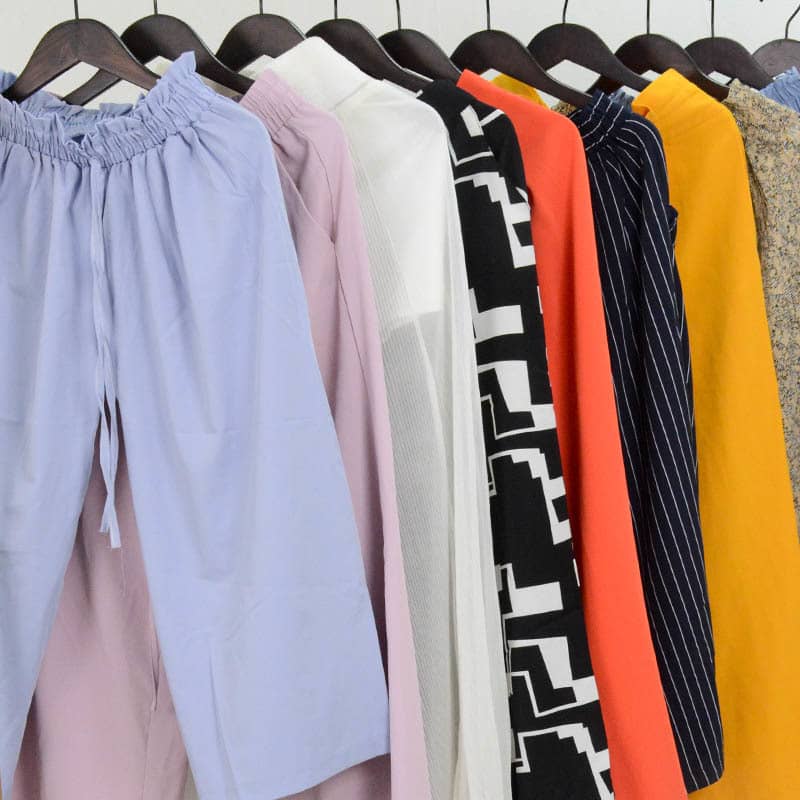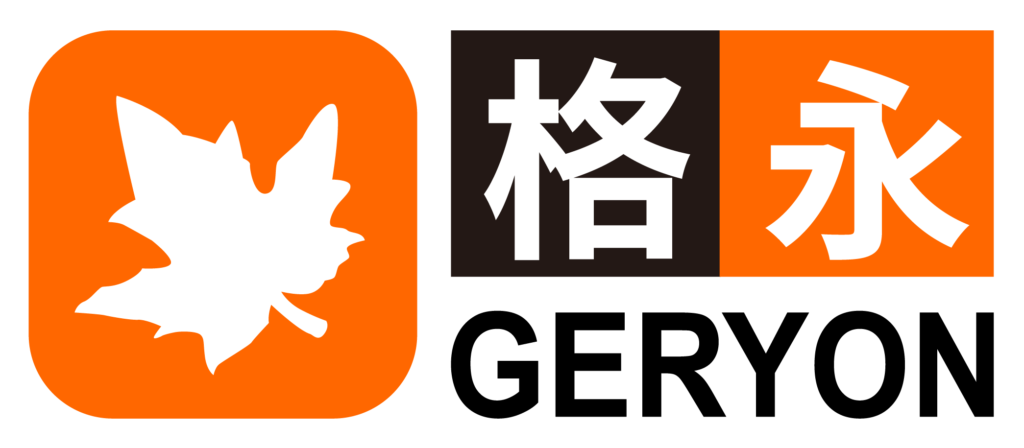The second-hand clothing market in Togo has gained global attention, positioning itself as a hub for affordable and durable apparel. For importers, sourcing Togo used clothes offers not only cost-effective solutions but also a sustainable approach to meeting market demands. This article provides insights into navigating the wholesale supply chain in 2024.

Table of Contents
1. Introduction to Togo’s Second-Hand Clothing Market
Togo’s second-hand clothing market has become a significant player in the global used clothing trade. Importers across Africa and beyond are turning to Togo used clothes for their affordability and variety. With a well-established network of suppliers and a strong local demand, Togo serves as a strategic hub for sourcing high-quality second-hand garments that cater to diverse consumer preferences.
Overview of Togo used clothes industry
The used clothes industry in Togo thrives on both local demand and international exports. Many wholesalers in Togo specialize in sorting and grading clothing, ensuring that buyers receive products that match their quality standards. This focus on quality control has made Togo a reliable source for second-hand clothing imports.
Why Togo is a key hub for second-hand clothing
Geographically, Togo’s strategic location in West Africa makes it easily accessible for importers across the region. Coupled with its robust port infrastructure and experienced suppliers, Togo offers a seamless experience for businesses looking to source used clothes in bulk.
2. Why Import Togo Used Clothes?
Togo used clothes have gained popularity among B2B importers due to their affordability, wide variety, and sustainability benefits. Importers can access cost-effective solutions while meeting the growing consumer demand for second-hand clothing.
Affordability and variety
Used clothes sourced from Togo are known for their competitive pricing. Wholesalers offer bulk purchasing options, enabling importers to stock diverse clothing items, including casual wear, formal attire, and children’s clothes, at a fraction of the cost of new garments.
Sustainable and eco-friendly solutions
By importing Togo used clothes, businesses can contribute to reducing textile waste while promoting sustainable fashion. The reuse and recycling of second-hand clothing help to lower the environmental impact of the fashion industry.
Growing demand in local and international markets
The global demand for affordable and high-quality used clothes has led to increased interest in Togo used clothes. Importers can capitalize on this trend by catering to markets with a strong appetite for second-hand apparel, including emerging economies in Africa and beyond.
3. How to Source High-Quality Togo Used Clothes
Sourcing Togo used clothes requires a strategic approach to ensure the quality, consistency, and reliability of your supply. Importers must partner with reputable suppliers and thoroughly evaluate the products before purchase.
Finding reliable suppliers
Building relationships with trustworthy suppliers in Togo is essential for a successful import business. Many experienced suppliers in the country focus on delivering well-sorted and high-quality used clothes tailored to importer requirements.
Evaluating product quality and standards
Togo used clothes undergo a grading process to classify them by quality and type. Importers should inspect these grades closely, ensuring that the selected products meet their target market’s needs and expectations.
Navigating pricing and bulk purchase deals
Negotiating bulk pricing is a key step when sourcing Togo used clothes. Buyers who establish long-term partnerships with suppliers often benefit from more competitive rates and preferential deals, which can boost profitability.
4. Understanding the Wholesale Supply Chain in Togo
The wholesale supply chain for Togo used clothes involves multiple stakeholders, including suppliers, graders, and logistics providers. Importers must understand the dynamics of this supply chain to ensure smooth and efficient operations.
Key players in the supply chain
Suppliers in Togo specialize in sorting and packaging used clothes into categories based on demand. These suppliers often collaborate with international importers to ensure a steady flow of high-quality products.
Logistics and shipping considerations
Efficient logistics is crucial for importing Togo used clothes. Togo’s port infrastructure in Lomé facilitates the smooth export of goods, making it a reliable entry point for international trade. Importers should also factor in shipping times and costs when planning their supply chain.
Overcoming common challenges
While Togo offers a reliable source of used clothes, challenges such as fluctuating shipping costs and inconsistent product quality may arise. Importers should mitigate these risks by diversifying suppliers and establishing clear agreements regarding quality standards.
5. Tips for B2B Importers of Togo Used Clothes
For B2B importers, successfully importing Togo used clothes depends on building strong supplier relationships, maintaining consistent quality, and employing effective negotiation strategies.
Building strong supplier relationships
Developing long-term partnerships with suppliers ensures a consistent supply of high-quality products. Trust and communication are key to fostering mutually beneficial relationships in the Togo used clothes industry.
Ensuring consistent product quality
Regular quality checks and audits can help importers maintain their reputation for delivering excellent products. Importers should work closely with suppliers in Togo to address any quality concerns promptly.
Effective negotiation strategies for long-term success
Strong negotiation skills can help importers secure better pricing and favorable terms. Importers should leverage their buying power by purchasing in bulk and demonstrating commitment to long-term collaboration.
6. Future Opportunities in Togo Used Clothes Market (2024 and Beyond)
The Togo used clothes market is poised for growth in 2024, driven by increasing global demand for sustainable fashion and affordable apparel. Importers who adapt to emerging trends and market shifts will remain competitive in this evolving industry.
Emerging trends in second-hand clothing
The rise of digital platforms and online marketplaces is transforming how Togo used clothes are sold. Importers should explore e-commerce opportunities to expand their reach and cater to tech-savvy consumers.
Potential for market growth and expansion
As the demand for used clothes continues to grow, Togo remains a promising market for importers. Strategic investments in logistics and supplier networks can unlock new opportunities for scaling operations.
How to stay competitive in the evolving industry
To thrive in the dynamic Togo used clothes market, importers must stay informed about industry developments, embrace innovation, and prioritize customer satisfaction. Diversifying product offerings and enhancing service quality are crucial steps to maintain a competitive edge.
7. Conclusion: Unlocking the Potential of Togo Used Clothes
The Togo used clothes market offers vast opportunities for B2B importers in 2024 and beyond. By leveraging the country’s robust supply chain, competitive pricing, and sustainable practices, businesses can achieve significant growth and profitability. Importers who focus on quality, supplier relationships, and strategic planning are well-positioned to succeed in this dynamic industry.







